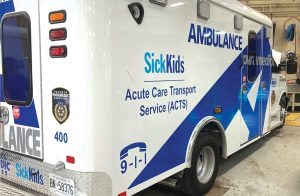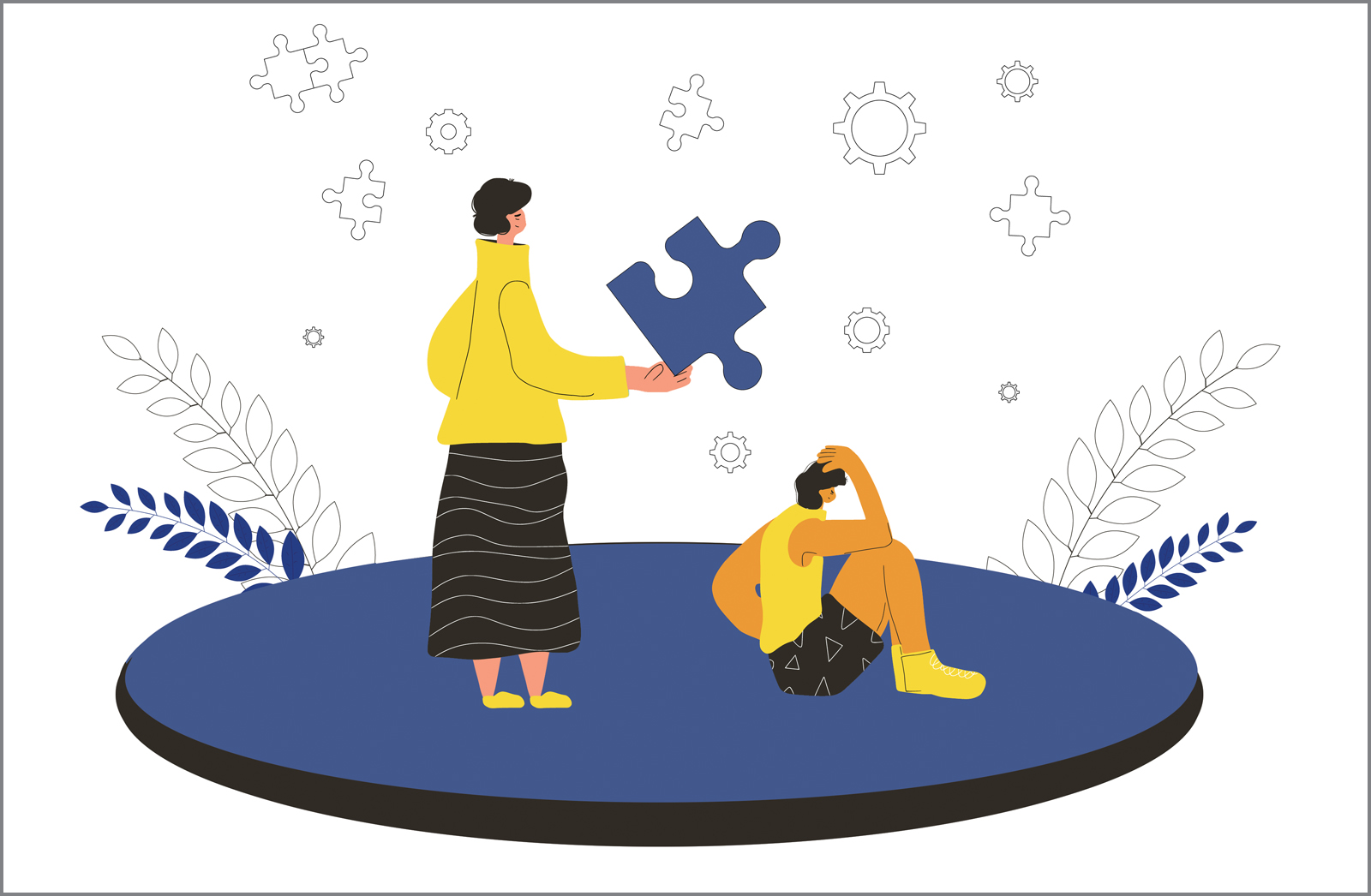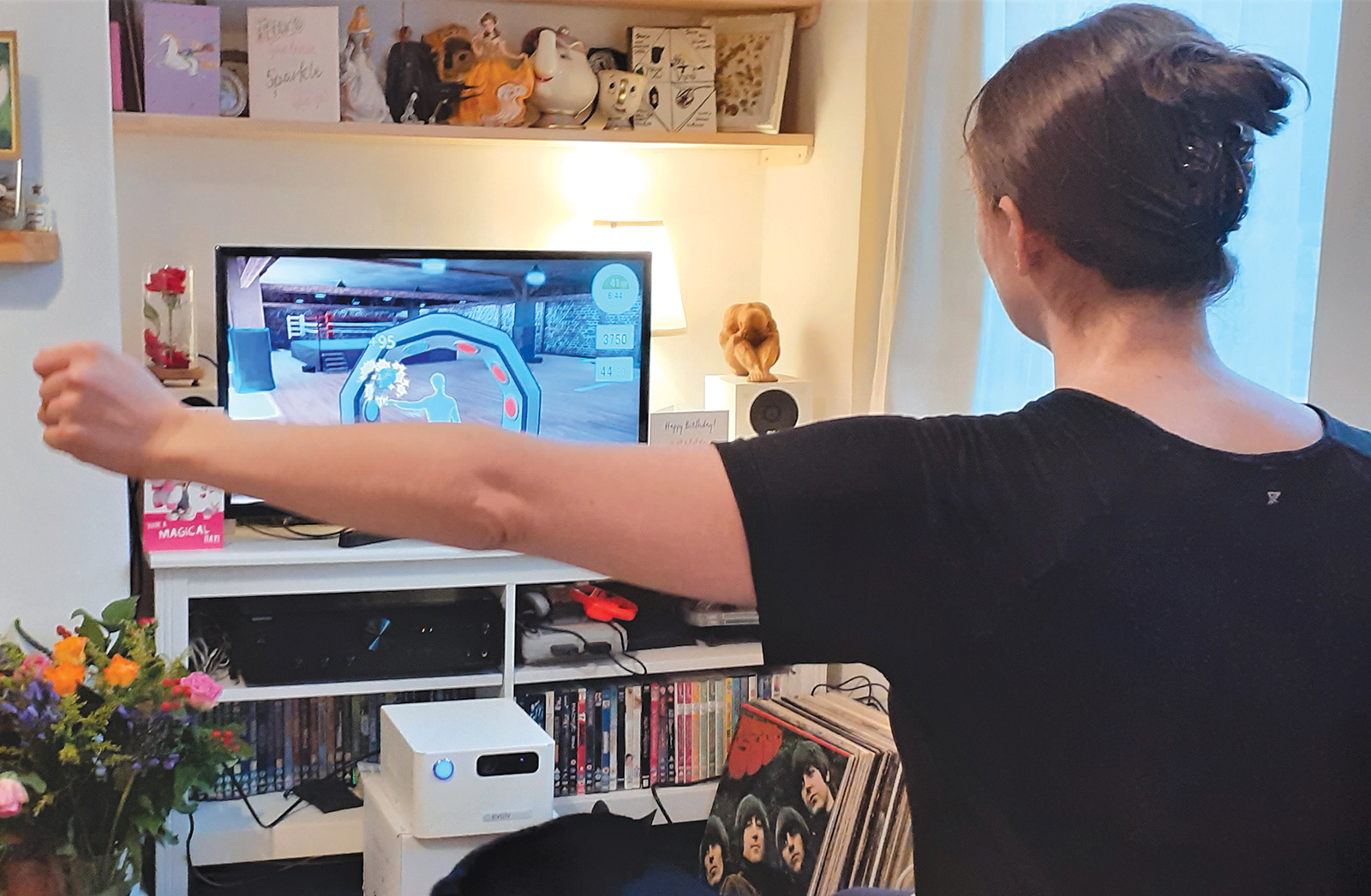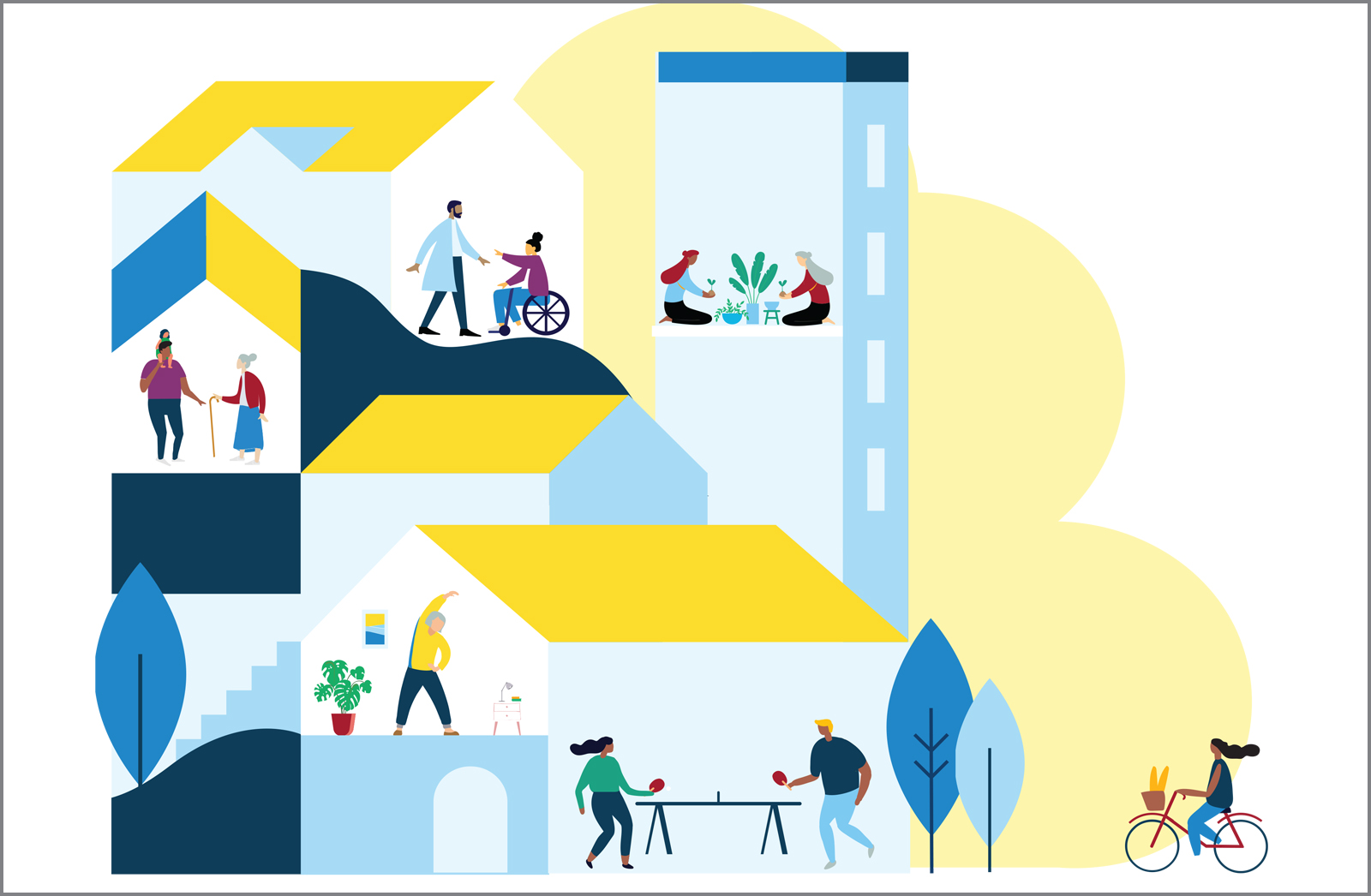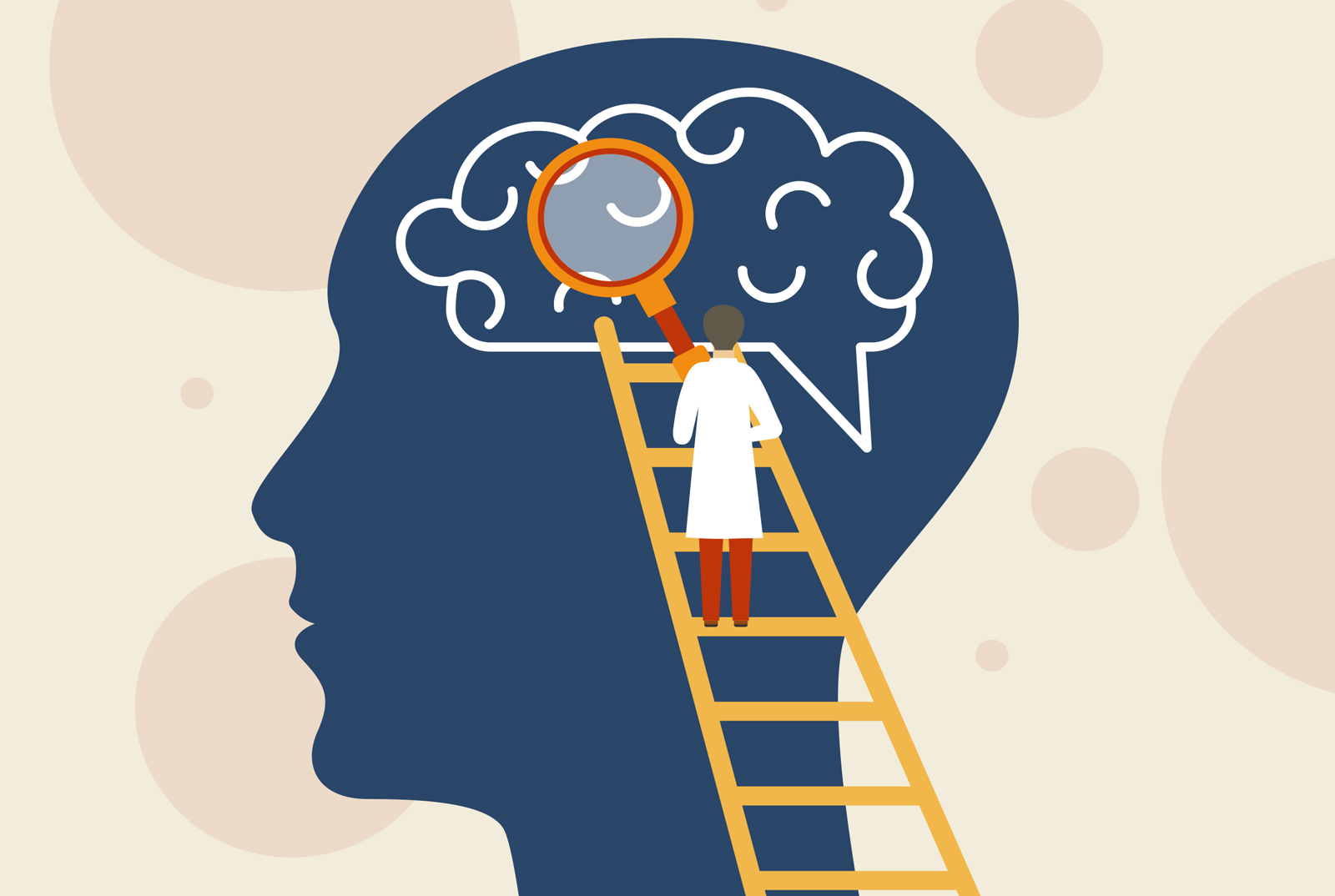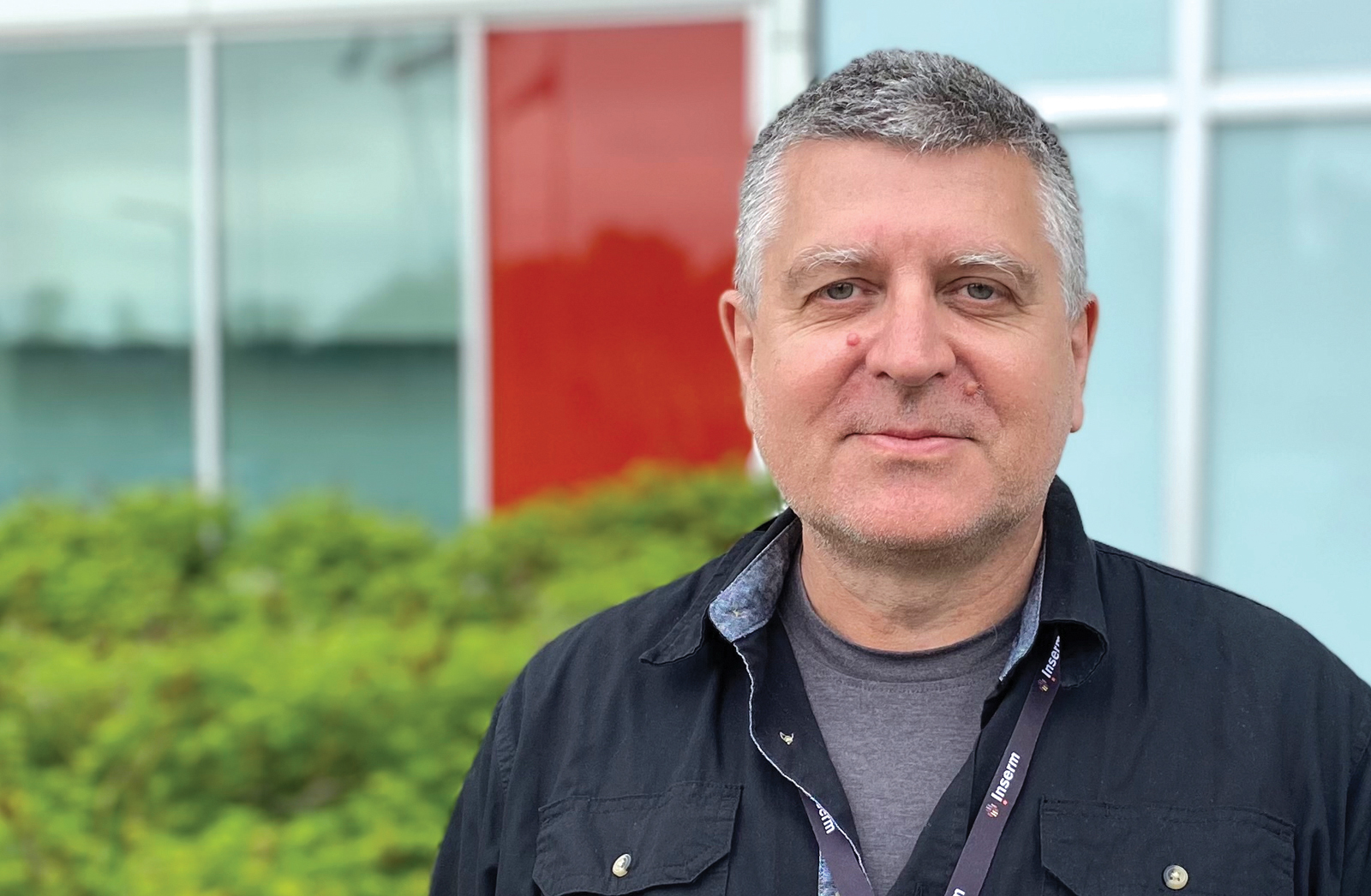Multiomics can improve healthcare
Analyzing diverse biological data from different fields like genomics, protemics and metabolomics to enhance our understanding and personalize treatments, identify new drug targets and diagnose disease earlier. Technical and ethical hurdles remain but continued innovation in tools and frameworks is making multiomics increasingly accessible.
Source: Healthcare transformers
Financial hardship among older Canadians
Using key Market Basket Measure (MBM), Low Income Measure (LIM), and the Material Deprivation Index (MDI) researchers found that:
• MBM: 5% of our older population fell below the poverty line
• LIM: 14% had incomes below 50% of the median
• HDI: 14% could not afford 2+ basic items.
Source: NIA
Film intervention reduces violence against children
A joint McMaster/Offord Centre for Child Studies papers reports educational entertainment can promote positive parenting practices. Two thousand caregivers in forty-four countries either watched relatable locally made films or received education materials relating to violence against children. Those who watched the films connected to the situations shown resulting in a 9% reduction in the violent behaviour.
Source: McMaster University
Declining sperm quality
One in six adults worldwide experiences infertility with roughly half discovered in males. Experts suggests it’s at least partially impacted by stress, pollution, smoking, poor diet and lack of exercise as well as the use of alcohol.
Source: WHO
Veteran’s volunteering
In a new report, authors call for robust new programming and policies to facilitate volunteerism during military to civilian transitions (MCT). Marked by major life changes veterans often struggle with loneliness, lack of identity and purpose. Studies show the health and social benefits of community participation MCT for vets of all ages.
Source: True Patriot Love
Husband stitch
Considered a silent form of genital mutilation or cutting this procedure, often done by male doctors, is an “extra stitch’ given to a woman after she gives birth. Done for no other reason than as a favour to husbands, even in North America, research shows long-term painful effects including during urination and intercourse.
Source: womansnews.com
Strokes in Canada
There is one new case of stroke every five minutes. About 80% are ischemic, the other 20% are hemorrhagic stroke. Both can lead to disability and long term impairment, and both have different medical treatments. Once someone has a stroke their risk is 26% of having another stroke within five years, and 40% within the next 10 years (of note: 56% of people with stroke around the world are women).
Source: mcmasteroptimalaging.org
Detecting fasciculations for ALS diagnosis
In a study by Dr. Andrew Hannaford, from Australia, researchers investigated if muscle ultrasounds could detect fasciculations (involuntary twitching) and signs of ALS, aiding its diagnosis. 94 individuals initially suspected of ALS were analyzed of which 45 were subsequently diagnosed. The group scanned different muscles to help clinicians distinguish ALS from similar conditions. People living with ALS often experience significantly more fasciculations, distinguishing ALS from other ALS-mimic diseases, such as myotonic dystrophy or hereditary neuropathy. In the end, they were able to detect ALS with nearly 90% accuracy, adding to the evidence that this type of test could be promising as an effective tool to aid in early diagnosis of the disease.
Source: ALS Canada
Social interactions
Neighbourhood connectedness is important to life satisfaction for older adults, people on low incomes, less educated and those with health challenges. Loneliness can also increase risk of cardiovascular disease, dementia, stroke, depression, anxiety and pre-mature death.
Source: heyneighbourcollective.ca
Spotlight on…

Open Arms Patient Advocacy Society is an unbiased organization that provides free patient support services in Alberta. Patient advocates are volunteers who work with patients and families to help them: navigate a complex healthcare system, have a voice in their own healthcare, get help they need and obtain information to unanswered questions. Advocates work with all ages, ethnicities and genders provide free, confidential advice for a wide range of issues including emergency room care, senior care, women’s health, mental health, acute care and medical facilities. Services are also designed to be empowering and compassionate for all.
openarmsadvocacy.com


